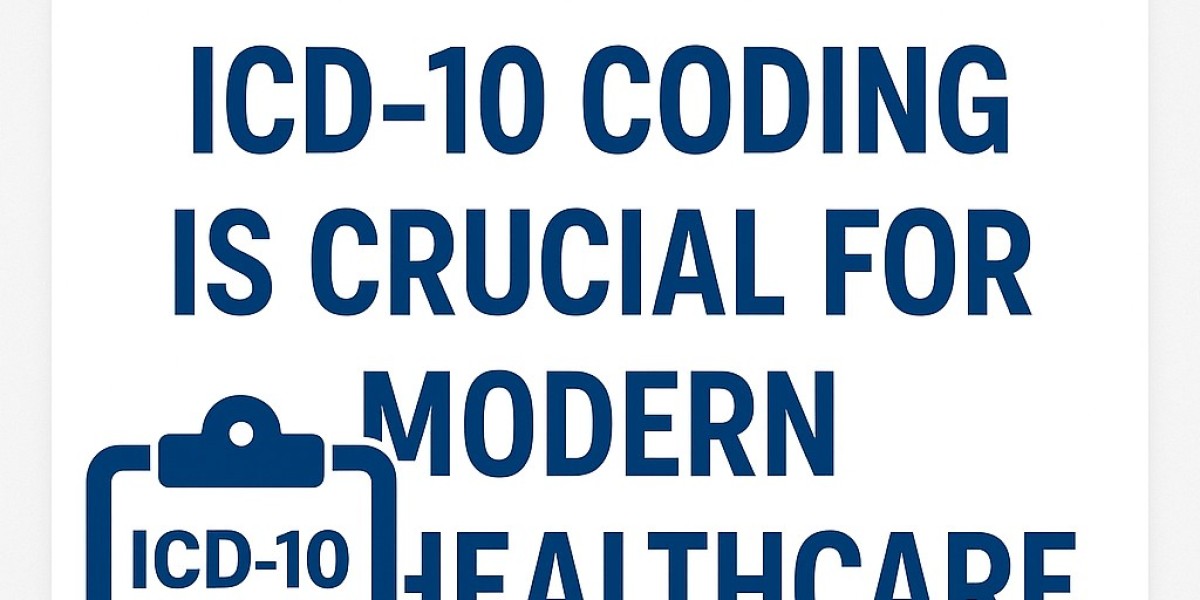In today's rapidly evolving healthcare landscape, the importance of accurate and efficient medical coding cannot be overstated. ICD-10, the 10th revision of the International Classification of Diseases, serves as a universal language for diagnosis and procedure coding. Yet, many healthcare providers still struggle with proper implementation and usage. In this blog, we’ll explore why accurate ICD-10 coding is essential—not only for compliance and reimbursement but for the overall quality of patient care.
1. Enhances Clinical Accuracy and Continuity of Care
ICD-10 provides a far more detailed structure than its predecessor, allowing for greater specificity in patient diagnoses. This precision helps physicians and healthcare providers understand the full clinical picture, leading to better care coordination and outcomes. For example, instead of a vague code for “fracture,” ICD-10 specifies whether it’s open or closed, left or right, initial or subsequent encounter.
2. Reduces Claim Denials and Boosts Revenue Cycle
Incorrect or incomplete coding is a leading cause of claim denials. Each denial represents not just lost revenue, but also increased administrative costs. Proper ICD-10 coding ensures that claims are processed accurately the first time, which reduces delays and improves the cash flow cycle for medical practices.
3. Supports Health Data Analytics and Public Health
ICD-10 coding enables healthcare organizations and researchers to collect more granular data. This is especially important for population health management, identifying disease trends, and planning public health initiatives. As healthcare moves toward value-based models, the need for reliable health data has never been greater.
4. Helps Avoid Compliance Issues
Healthcare providers must comply with federal regulations, including accurate medical documentation and billing. Mistakes in ICD-10 coding can lead to audits, fines, and reputational damage. Training your staff and utilizing updated coding resources is essential for staying compliant in an increasingly regulated environment.
5. Encourages Professional Development
The complexity of ICD-10 has led to a growing demand for skilled medical coders. Staying updated with coding changes, common coding mistakes, and evolving industry standards enhances the professional value of both coders and healthcare organizations.
Conclusion:
Accurate ICD-10 coding isn’t just a technical requirement—it’s a cornerstone of quality healthcare delivery. By investing in coding accuracy and ongoing education, healthcare organizations can ensure compliance, boost efficiency, and ultimately, improve patient outcomes.
About the Author:
John D. is a seasoned medical coding expert and contributor at ICD10codes, a dedicated resource for everything ICD-10. Visit our blog to explore coding guides, cheat sheets, and the latest industry updates.






